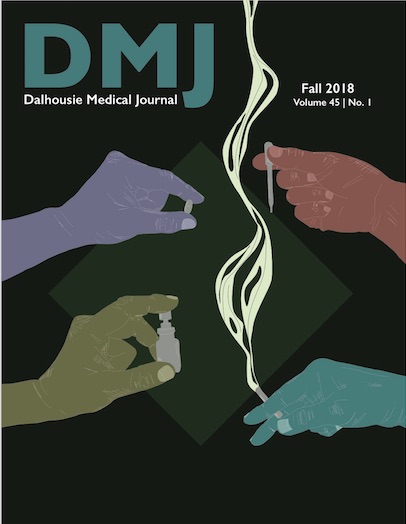Cultural competencies and tips to keep in mind when in- teracting with Muslim patients
DOI:
https://doi.org/10.15273/dmj.Vol45No1.8791Abstract
Muslims make up a significant portion of the world population, with an estimate of 1.8 billion people as of 2015. According to the 2011 Canadian census, Muslims make up 3.2% of the Canadian population. As future physicians, many of us will encounter Muslims in our practice. Muslims come from different ethnicities and speak different languages. It is, therefore, essential to be conscious of core cultural values and practices commonly held by Muslims. This article will highlight cultural competencies and tips to keep in mind when interacting with Muslim patients.
Downloads
Published
2018-11-30
How to Cite
Rafiq, F., Jarrar, A., Hamodat, H., Ali, M., Syed, S., & Haroon, B. (2018). Cultural competencies and tips to keep in mind when in- teracting with Muslim patients. DALHOUSIE MEDICAL JOURNAL, 45(1). https://doi.org/10.15273/dmj.Vol45No1.8791
Issue
Section
Opinion
License
Authors who publish with this journal agree to the following terms:
- Authors retain copyright and grant the journal right of first publication with the work simultaneously licensed under a Creative Commons Attribution License that allows others to share the work with an acknowledgement of the work's authorship and initial publication in this journal.
- Authors are able to enter into separate, additional contractual arrangements for the non-exclusive distribution of the journal's published version of the work (e.g., post it to an institutional repository or publish it in a book), with an acknowledgement of its initial publication in this journal.
- Authors are permitted and encouraged to post their work online (e.g., in institutional repositories or on their website) prior to and during the submission process, as it can lead to productive exchanges, as well as earlier and greater citation of published work (See The Effect of Open Access).


